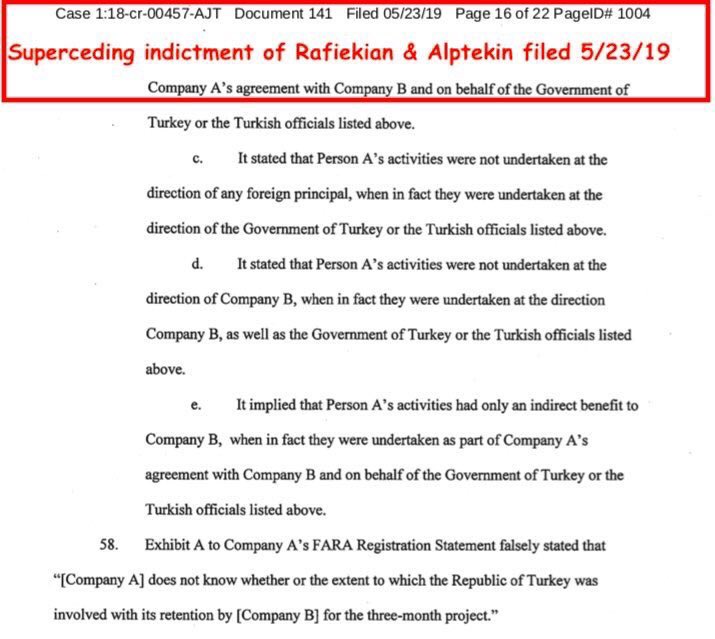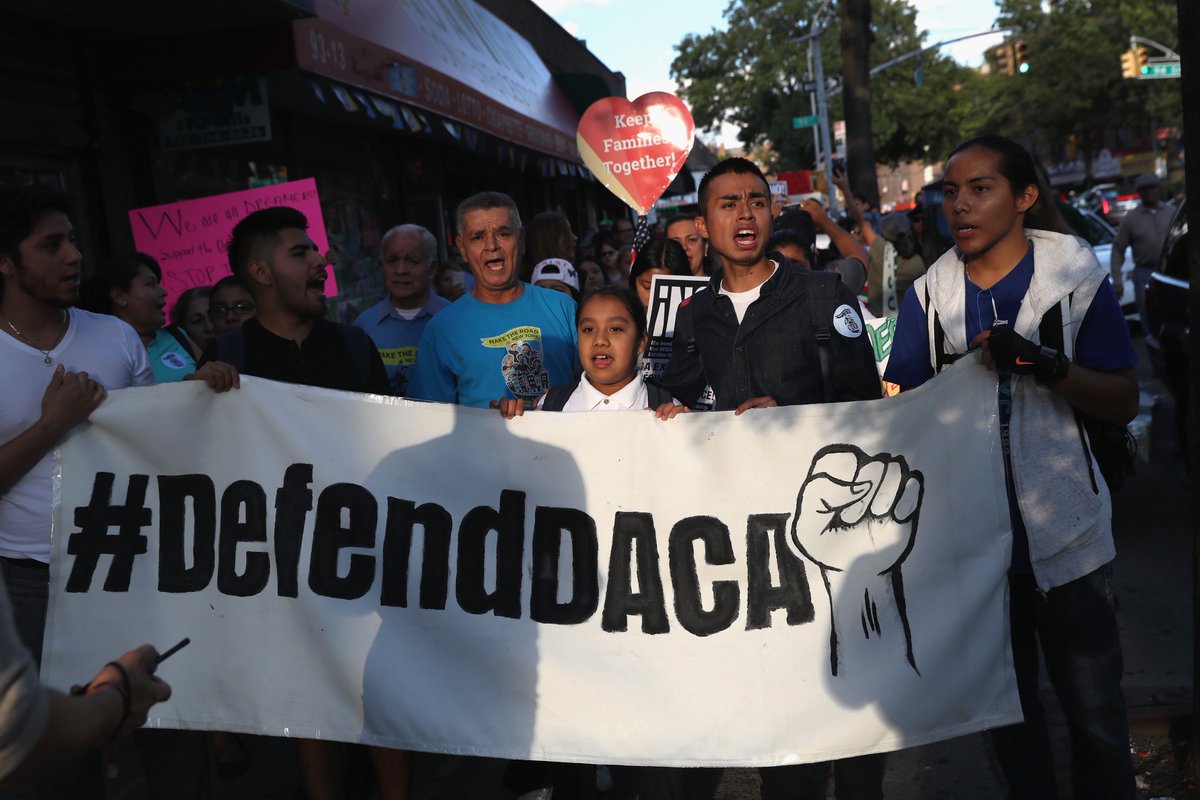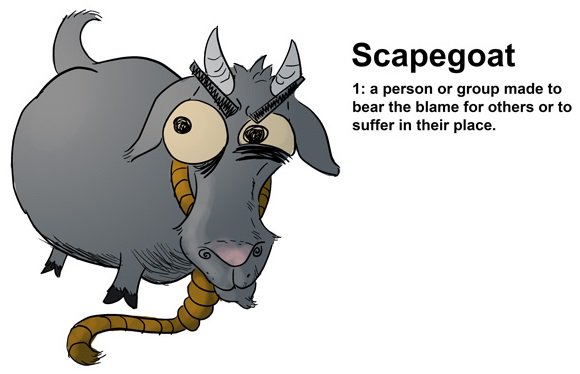People who claim to be against 'No Platforming' in principle are rarely against it in all cases & on all boundaries, for all speech that is legal, whatever the content.
- Virulent anti-semitism, within law
- Holocaust denial
- Islamist extremism, that stays within law
- Overt racism, eg deport all the blacks
- Advocating legalisation of paedophilia
There is a problem is of over-stretch, but few would have no boundaries at all.
If minds are changed (by argument, not intimidation), has there been any loss of free speech, or not?
But I do think there was a substantive loss of free speech when the play 'Behzti' was cancelled, after protests about it.
What's the difference?
1) Quality/nature of speech act being defended.
2) Nature of protest
[ie, is it persuasion or intimidation]
Both of these are qualitative - somewhat subjective. But I am sceptical a simple [rather relativist] championing of 'all legal speech' holds up.
I think very few people take and apply consistently something like: 'all legal speech should be allowed on Facebook/Twitter'. I think it would be wrong in practice & principle
He was invited - and spoke - in 2007
I doubt he would be invited again in 2020
2001 report
news.bbc.co.uk/1/hi/education…











